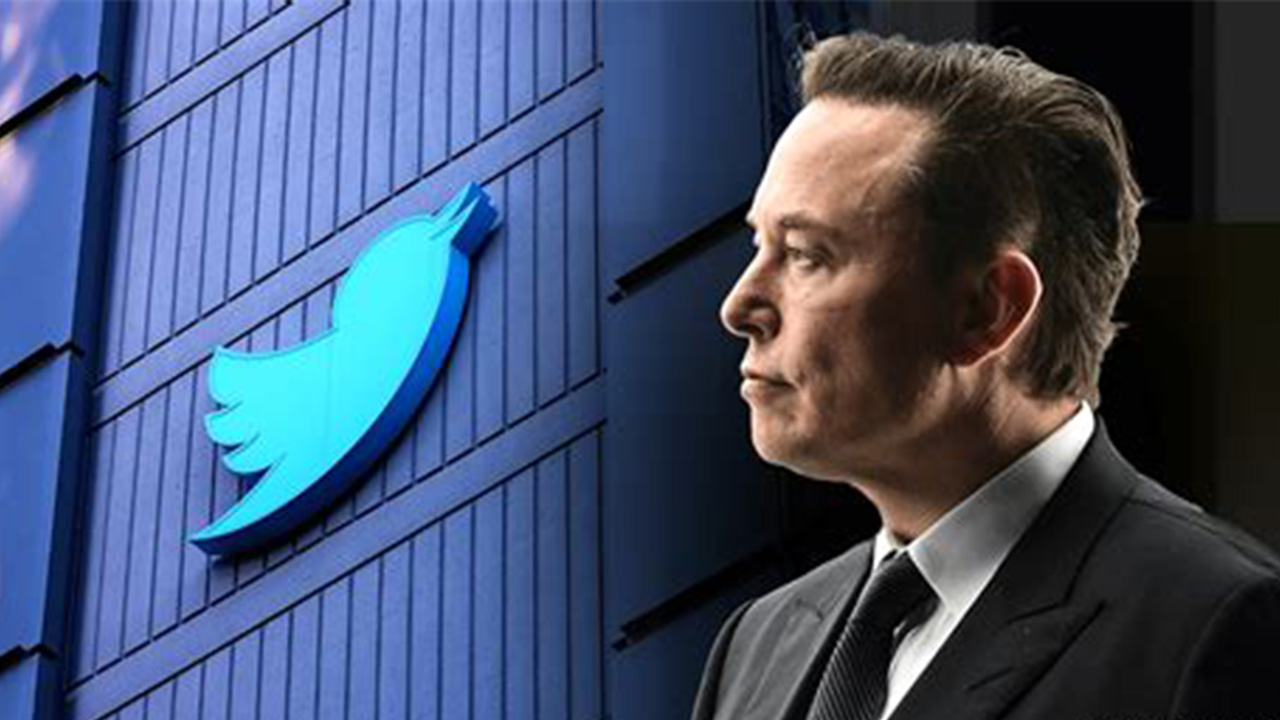


Get a free copy of Parental Rights & Education when you subscribe to our newsletter!

Elon Musk made waves in recent weeks after purchasing 9.2 percent of Twitter’s shares, becoming the primary shareholder, but now the “free speech absolutist” seeks to buy all of Twitter, claiming the company cannot be reformed while in its present state as a public company.
Musk’s regulatory filing says, “I invested in Twitter as I believe in its potential to be the platform for free speech around the globe, and I believe free speech is a societal imperative for a functioning democracy. However, since making my investment I now realize the company will neither thrive nor serve this societal imperative in its current form. Twitter needs to be transformed as a private company.”
Musk offered $54.20 for each share, for a total $43 billion purchase price. He said that this was his final offer and he would not play the back-and-forth game. “If the deal doesn’t work, given that I don’t have confidence in management nor do I believe I can drive the necessary change in the public market, I would need to reconsider my position as a stakeholder. This is not a threat, it’s simply not a good investment without the changes that need to be made.”
He added: “Those changes won’t happen without taking the company private.”
Twitter released a statement saying, “The Twitter Board of Directors will carefully review the proposal to determine the course of action that it believes is in the best interest of the Company and all Twitter stockholders.”
Some experts are recommending that Twitter take the offer. Dan Ives, a Wall Street analyst for Wedbush, said, “It would be hard for any other bidders/consortium to emerge and the Twitter board will be forced likely to accept this bid and/or run an active process to sell Twitter.”
If Twitter declines the offer, stock prices, which rose with Musk’s initial purchase, could plummet due to Musk dumping his shares.
Those on the left as well as some Twitter employees are voicing their anger at Musk’s offer. Many are threatening to leave Twitter if Musk’s offer is accepted. Washington Post columnist Max Boot said, “I am frightened by the impact on society and politics if Elon Musk acquires Twitter. He seems to believe that on social media anything goes. For democracy to survive, we need more content moderation, not less.”
Some are voicing concern over a billionaire having control of a social media company, although they apparently have no problem with Amazon’s billionaire founder Jeff Bezos owning the Washington Post, where Boot works. Billionaires also run Facebook, Google, and the Bloomberg information and news conglomerate.
As Newsmax correspondent Logan Ratick noted, “Same people mad about the world’s richest man trying to buy Twitter don’t seem to have anything to say about the world’s second-richest man owning The Washington Post.”
Social media companies have taken heat for biased censorship against conservatives and other dissenting voices, who are routinely shadow-banned, suspended, and permanently banned for “hateful” content, even as content that actually calls for violence or shows it in all its gory color goes unpunished. Take for instance, the suspect who shot up New York’s subway system. For years, right up until Tuesday morning, he posted racist and threatening comments and videos on YouTube and other platforms that went uncensored and, as Mayor Eric Adams alleges, were so vile that they should have actually been reported to authorities.
“I cannot play a song on a social media channel that belongs to someone else without them identifying that. Why aren’t we identifying these dangerous threats?” Adams asked. “There is some responsibility, I think, on social media industries and companies.” We “must lean into why we’re watching these postings and these threats every day, and no one is giving an early warning sign to law enforcement,” Adams added.

In 2009, during a town hall in Shanghai, China, President Obama addressed a group of Chinese students on a whole host of issues, including the economy, trade, and education. But then he got a question asking whether the American president knew about the Great Firewall blocking Chinese users from accessing Twitter, no doubt to keep them from using the then-relatively-new social media platform to accidentally learn the truth about such banned topics as the Tiananmen Square Massacre and the plight of Tibet and the Dalai Lama. In other words, the questioner wanted to know: “Should we be able to use Twitter freely?”
Obama, after admitting he’d never used Twitter because “my thumbs are too clumsy,” replied, “I’m a big believer in openness when it comes to the flow of information. I think that the more freely information flows, the stronger the society becomes, because then citizens of countries around the world can hold their own governments accountable. They can begin to think for themselves. That generates new ideas. It encourages creativity. And so I’ve always been a strong supporter of open Internet use. I’m a big supporter of non-censorship.”
Fast forward a little more than a decade and Twitter — doing the bidding of a radical, leftist, American regime — not only has put a “Great Firewall” in place blocking the free flow of dissenting opinions, non-approved and “dangerous” ideas, and “alternative” facts, but it has even managed to block a then-sitting President of the United States and the New York Post, the nation’s oldest continuously published newspaper..
If you are a “free speech absolutist” as Elon Musk purports to be, that is a problem, not just for those who have been silenced but for society as a whole. In recent months, the censorship has only gotten more Stalinesque: Social media companies have censored, for example, the Babylon Bee, Joe Rogan, The Christian Post, the Eric Metaxas Radio Show, and a long list of various elected politicians, political candidates, doctors, scientists, epidemiologists, data analysts, writers, and social observers.
Worse, social media officials have cow-towed to the calls for censorship by government officials, not just in China but here in the United States. The Surgeon General of the United States and the White House, among other government officials, have demanded that Twitter, Facebook, and other social media companies engage in more “content moderation” and flag and shut down so-called “misinformation.”
Musk wants to bring back free speech and the concept of a public square where ideas and policies and opinions and, yes, even conspiracy theories are brought forward and debated vigorously. How will buying Twitter accomplish this? If Musk can transform the company from its current rotted, radical, partisan state and return it to its original premise, he will unleash the power of market forces. In other words, competition. The kind of competition that helped build these amazing, innovative, digital companies in the first place and the kind of competition that will force other social media companies to build better, freer, less censorial products in order to keep up.
As Obama noted then (though he, unfortunately, no longer says it out loud or even appears to believe it), the true power and promise of the internet, and by extension Twitter, was always in its ability to encourage the spread of information, not to repress it; to give everyone a chance to have their voice heard, not just those in power; to ensure that citizens have the full range of viewpoints, ideas, and facts at their disposal, not just what entrenched institutional authorities want them to know or believe.
Elon Musk is an interesting, hard-to-pigeonhole character who appears to have come along at just the right time in history. He now has the opportunity to do something greater and more significant than anything he’s accomplished or could ever accomplish with electric vehicles and space rockets. He can — and we’re not being rhetorical — actually save Western society from the kind of wholesale speech suppression and controlled narratives that have historically been proven only to enslave societies and bring about abject human misery.
At the Standing for Freedom Center, we laud Musk’s bold offer to buy Twitter, and we pray that he succeeds in building a communications platform that truly appreciates and advances the principles of free speech. The future is very much at stake.

Notifications